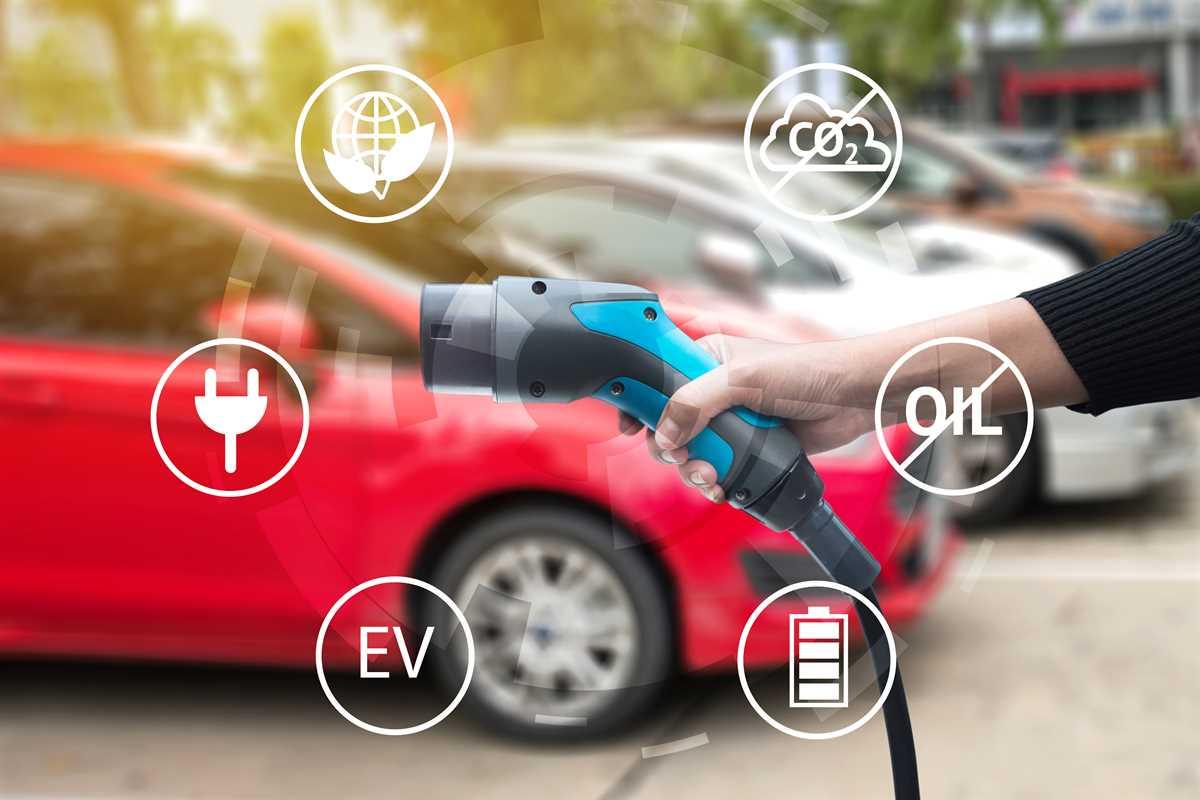
When I was young, I was lead to believe that gas was actually dead dinosaurs that had been crushed down by the pressure of the earth for a million years. I was a bit disappointed to learn that fossil fuel didn’t mean “dinosaur fossil” fuel; the fantasy of T-Rex juice fueling the world was shattered. This illusion was broken just in time, too; as it turns out, fossil fuels aren’t good for the environment, but if they were made up of the long lost souls of dinosaurs I might have wanted to overuse them anyway. The days of fossil fuel based cars are numbered; they’re going the way of the brontosaurus. The time has come for the rise of the electric car.
By 2025, about 1 in 6 cars sold will be electric. There are many reasons for this; one of the biggest is China’s push to go electric. Chinese consumers are incentivized to purchase electric cars, and some analysts predict China may ban combustion engines by 2030. Britain and France have both expressed interest in banning electric vehicles by 2040. Should Europe and China commit to a ban on combustion vehicles, car makers are sure to take note; the more car makers making electric vehicles, the cheaper the technology will become, so electric infrastructure may be a worthwhile investment.
It’s impossible to talk about the rise of the electric car without talking about Tesla. Elon Musk’s business strategy was particularly novel; the cost of electric cars was high, as the technology hadn’t advanced enough to create affordable solutions. Tesla needed to do a lot of its own research and development, so they took a Silicon Valley approach instead of a traditional car manufacturer’s approach; make bleeding edge technology, and sell it to the wealthy. Tesla’s original Roadster, an attractive sports car, was priced at around $100,000, and the infrastructure for it was limited. Tesla opted to sell direct-to-consumer, forgoing auto dealers, so they could use more of the profits for research. Today, Tesla’s Model 3 sells for less than half that price, at around $45000; these innovations have far-reaching consequences on the price of parts for electric vehicles.
Governments wanting to stave off the impacts of climate change and automakers wanting to enter into a burgeoning market have thus had a huge impact on the success of electric vehicles. As these factors influence each other, a feedback loop occurs; consumers become more conscious of their carbon footprint, so they’ll be more interested in purchasing electric cars and lobbying their governments for tighter regulations. The governments tighten regulations and create incentives for electric car makers, which means more, cheaper electric cars. Cheaper electric cars means more consumer knowledge and buy-in, which means more lobbying and purchasing. As this loop continues, we will see more infrastructure for electric cars, like charging stations.
Powertec Electric has capable electrical contractors in Winnipeg who can install electric car charging stations for your home or business. Electric cars are the future, so invest in the future by installing a charging station!

